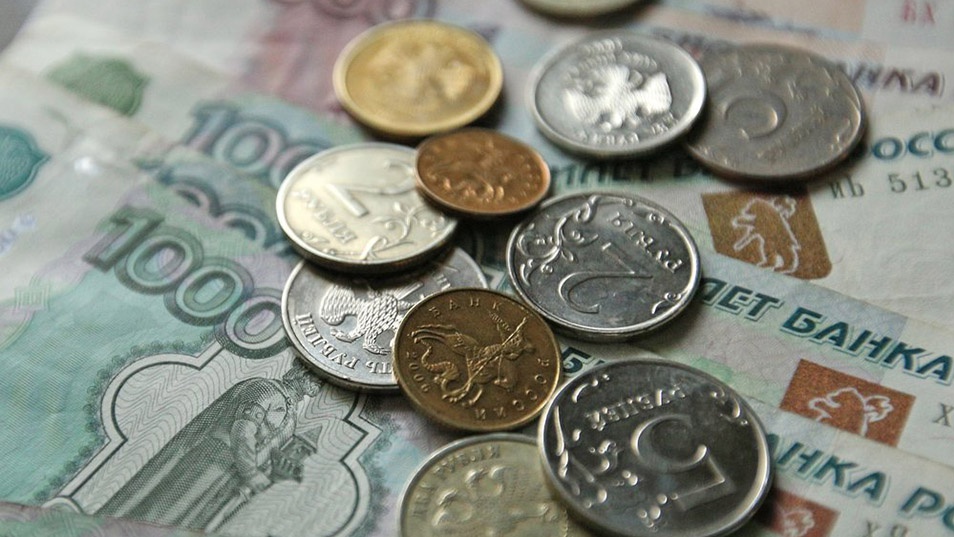
Russians reportedly took out 8.61 trillion rubles ($130 billion) in loans last year as real personal incomes declined.
Russian economic growth has been hampered by a volatile currency, low oil prices and Western sanctions since Moscow’s 2014 annexation of the Crimean peninsula from Ukraine. Real disposable incomes were forecast to drop for the fifth year in 2018, while inflation increased by 0.9 percent this month as the value-added tax (VAT) hike took effect.
Read More
Russians’ Real Incomes Set to Fall Again in 2019
Russian banks issued loans worth $130.2 billion in 2018, including cash loans, credit card loans, car and home loans, according to United Credit Bureau (OKB) data obtained by the RBC news website Thursday.
That represented a 46 percent jump from 2017, when $90 billion in loans were taken out.
Credit card loans outpaced other segments, growing by 40 percent in the past year. Mortgage loans grew by 35 percent, RBC cited the bureau as saying.
Meanwhile, OKB’s report notes that cash loans reached a three-year high in 2018.
A 2017 study showed Russians becoming increasingly reliant on credit to keep their shopping baskets full. Consumer credit grew faster than income – a worrying trend seen in Russia’s poorest regions.
